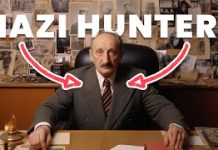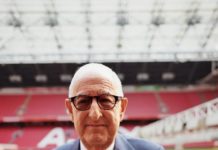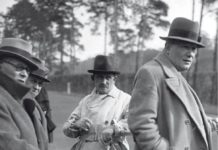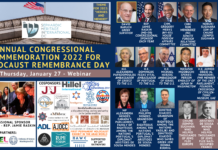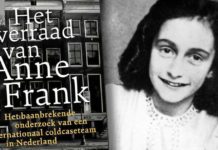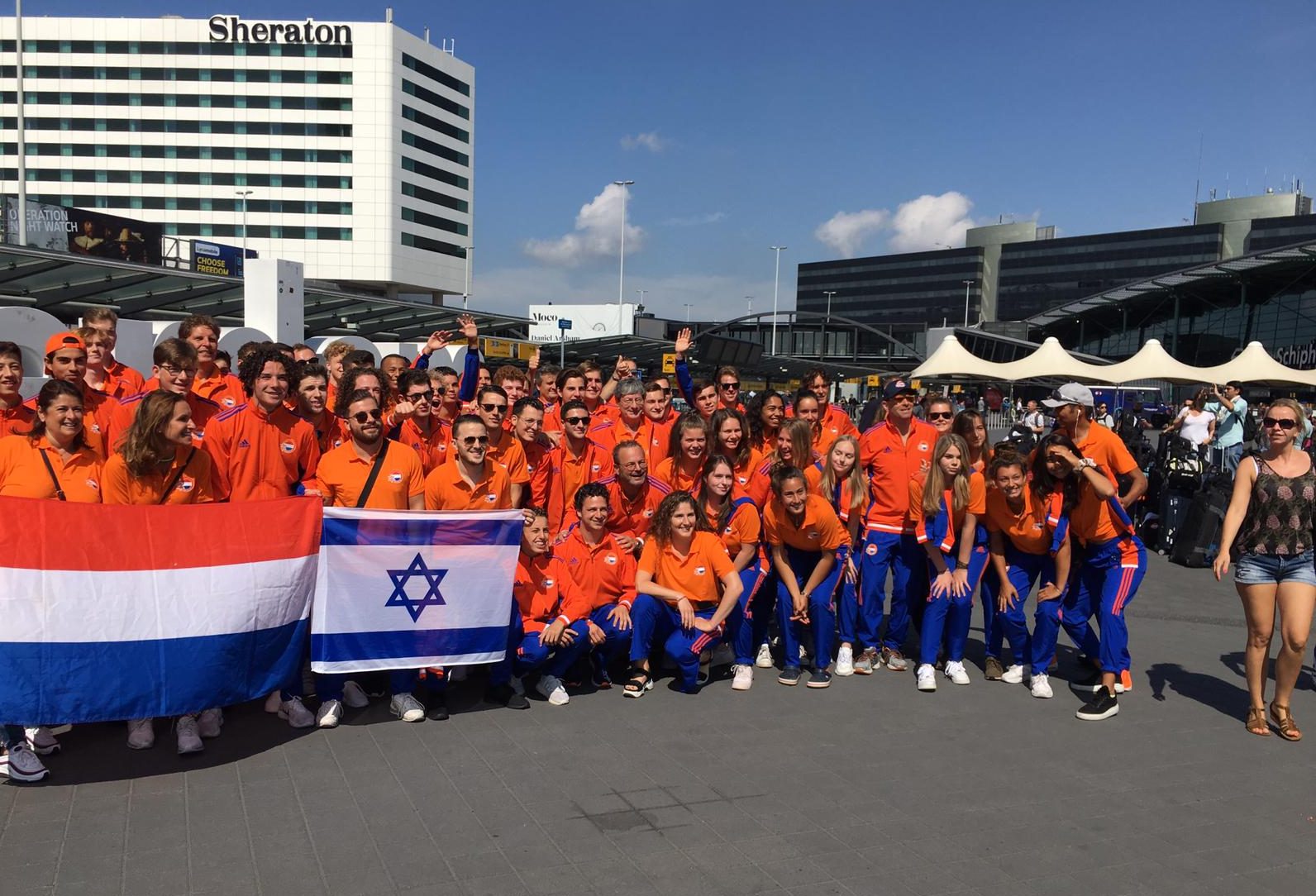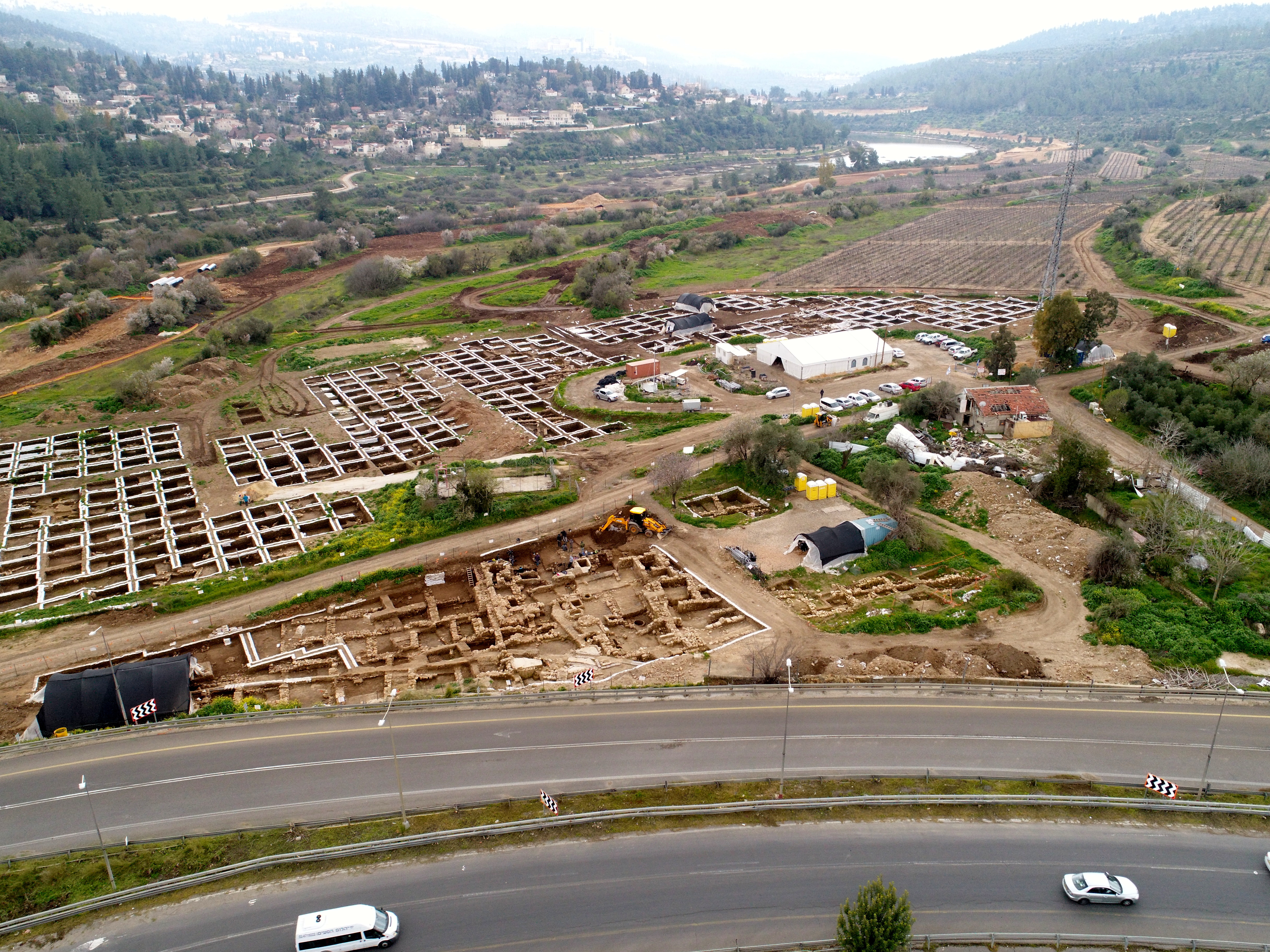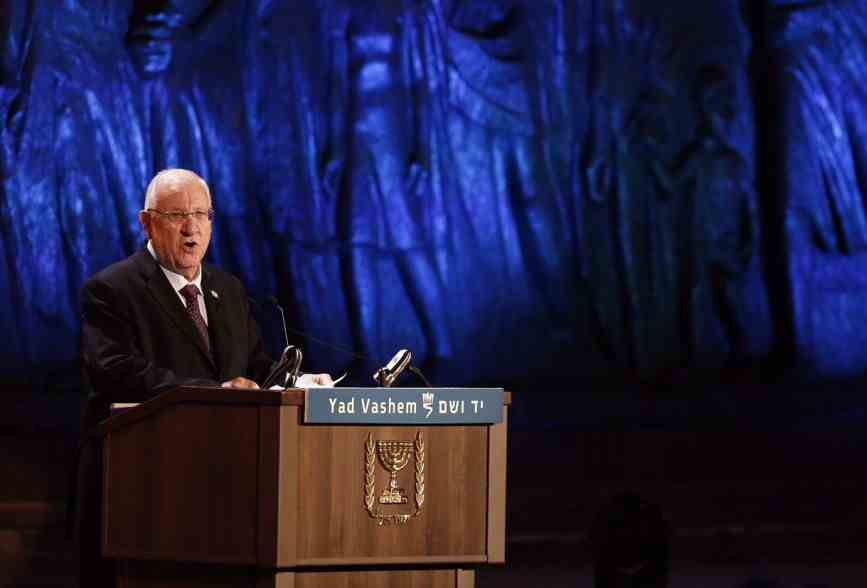 Gisteren was het Yom HaShoah en dit is een deel van de speech van de president van Israël Reuven Rivlin:
Gisteren was het Yom HaShoah en dit is een deel van de speech van de president van Israël Reuven Rivlin:
“We stand here tonight, in painful silence at Yad Vashem, in Jerusalem, the capital of Israel, on the eve of Holocaust Memorial Day,” Rivlin began. “Exactly seventy years since April 15th 1945, a Sunday afternoon. The day when the first British soldiers crossed the gates of the Bergen-Belsen concentration camp.”
“The joy of liberation was replaced by horror,” he said. “The horror that was revealed before their eyes was inconceivable. In the camp, lay thousands of bodies. In March 1945 alone – a few weeks before the camp was liberated – eighteen thousand, one hundred and sixty-eight people died at Bergen-Belsen; most of them Jews, men, women and children, some of them nameless.”
“Fourteen thousand people died of hunger and disease during the first five days after the camp’s liberation,” he noted. “In the barracks were sixty thousand men and women, most of them sick, in a serious condition.”
“They could not move. They lay in the bunks, starving, thirsty, exhausted and sick. The living dead. Their families were murdered, burned, slaughtered, or disappeared,” he described. “They lost everything. Each was sure they were ‘The Last Jew’.”
“Their return to life seemed impossible at the time,” he added. “They needed to create a new existence for themselves. To fill their empty bodies with the human spirit, instill their arteries once more with the desire for life, the ability to love, rejoice, and to renew their hope.”
“How would those stumbling legs know how to walk once more? How would the bent over bodies, succeed in standing up straight? How dare the mind dream, there, in the midst of the destruction? To look out of the dark into the future. To look forward.”
Rivlin then related his own story.
“I was born in Jerusalem in the month when the Second World War began,” he said. “When the bolt to the gates of the death camps were opened – Bergen-Belsen, Auschwitz, Buchenwald, Theresienstadt, Chelmno and Majdanek, my friends and I here, we made our way to the first grade.”
“The distance was so great, as it is today,” he continued. “An entire sea between Jerusalem andthe killing pits of Babi Yar. Between Tel Aviv and the death marches. From Dora-Nordhausen to the selections. The round-up of local Jews. The transports. The hunger and cold. The horror and despair.”
“I remember the first survivors arriving in the city of Jerusalem. Bit by bit, we were exposed to the face and magnitude of the horror. A new neighbor appeared suddenly; a teacher; a distant cousin, sad Jews muttering the Mourner’s Kaddish for an entire town. Anxious for any scrap of information, weaving wiry memories and longing.
“I remember lone soldiers we met in the army, the last descendants; Freddie, who came from Hungary – and to this day I do not know his family name – three days, after arriving and being taken in by our neighbors, went off to war never to return. Slowly they began piecing together a mosaic of chilling testimonies, about a world that once was, and shall never return.
“We saw for the first time the tattooed number on their arms,” he added. “At first we thought they were mad.”
“Slowly we realized, that it was the world that had gone mad.”
Klik hier voor het hele artikel
In dit filmpje is te zien hoe kinderen van de Hebreeuwse school Hatikvah zingen in Munkács, Hongarije, in de jaren voorafgaand aan de Tweede Wereldoorlog. De meeste kinderen te zien in dit filmpje hebben de holocaust niet overleefd. Hatikvah betekent ‘de hoop’ en is het volkslied van de Staat Israël. Van de 13,000 Joden in die stad hebben er slechts 100 de oorlog overleefd.
Gisteren was het Yom HaShoah, de herdenkingsdag van de holocaust. Zo gaat het er in Israël aan toe. Het hele land staat even stil.

